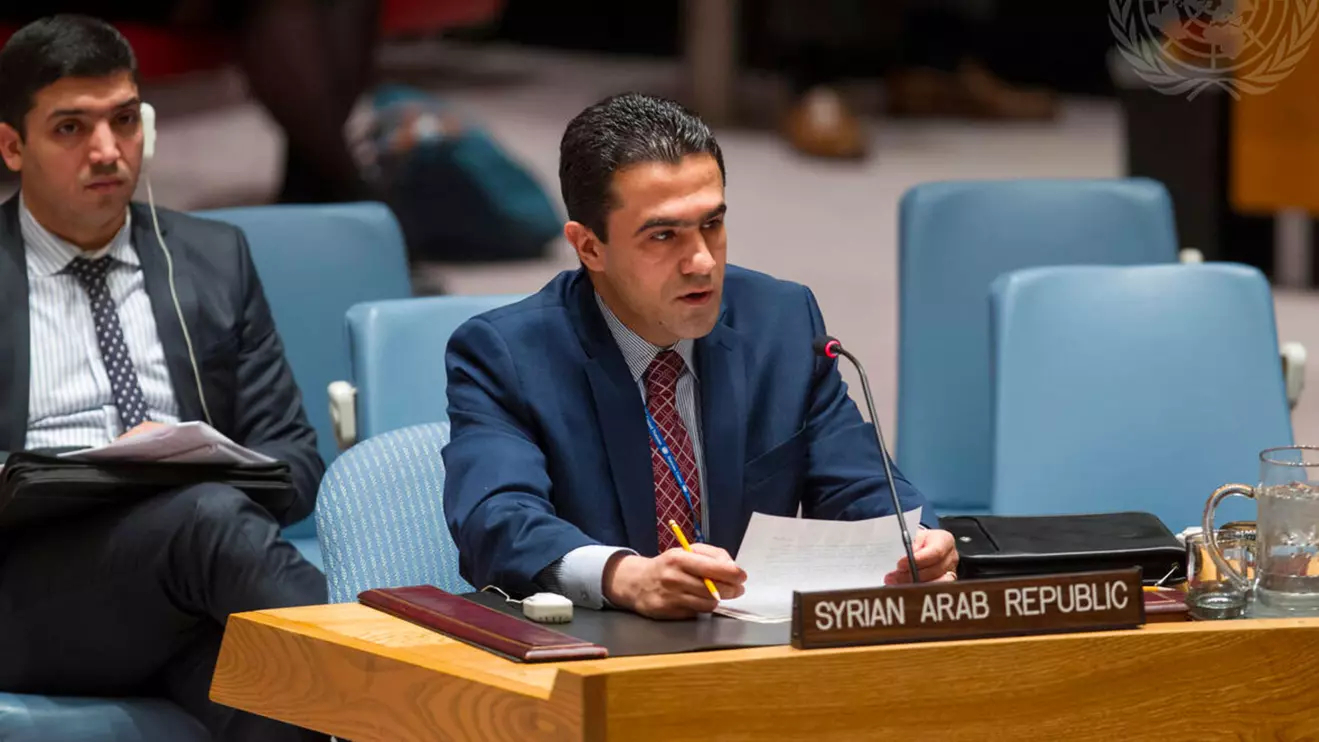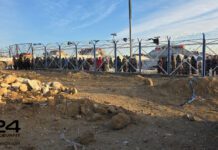
Syria’s new government is navigating a pivotal moment in its human rights and legal reforms, making progress with the fact-finding investigation into recent violence along the coastal region and receiving rare international recognition, including a landmark resolution from the United Nations Human Rights Council.
Coastal Investigations Make Headway
Yasser al-Farhan, spokesman for the Syrian Coastal Events Fact-Finding Committee, said the group will visit detention centers this weekend to interview suspects connected to the March unrest. The detainees include both remnants of the ousted Assad regime and other affiliated groups. Farhan emphasized the committee’s independence and its commitment to transparency and accountability.
“Our goal is to assess the government’s actions to hold violators accountable, secure the affected areas, and evaluate the state’s control during the violence,” Farhan said in an interview with Al-Arabiya TV. He noted that while the committee has not yet verified all information, it has already collected around 100 testimonies from witnesses in affected areas. These interviews were conducted confidentially, with security measures in place to protect participants’ identities.
The coastal violence in March, triggered by attacks from Assad loyalists on Syrian forces, left civilians dead and led to what the government called “temporary chaos.” A presidential decree soon followed, establishing a seven-member committee to investigate abuses and ensure judicial accountability.
The government also responded to Amnesty International’s recent report on the March violence, saying its findings would be reviewed by the national investigative committee. While defending the state’s role in restoring order, the government reaffirmed its obligation to protect all citizens and prevent retaliation or collective punishment.
Historic Human Rights Gains
The investigation coincides with broader legal and political shifts. On Friday, the United Nations Human Rights Council unanimously adopted its first resolution on Syria since the fall of the Assad regime. The resolution welcomed the formation of a new, diverse Syrian government and emphasized its commitment to free and fair elections, transitional justice, and institutional reform.
The Human Rights Council praised the government’s formation and backed recommendations from the February National Dialogue Conference. It also urged Syria to preserve evidence related to violations of human rights and international humanitarian law and to cooperate with future investigations, particularly into the recent coastal events. The resolution extended the mandate of the Independent International Commission of Inquiry on Syria by one year.
Foreign Minister Asaad al-Shaibani welcomed the resolution, calling it a “historic shift” that acknowledges both Syria’s painful legacy and its efforts to protect rights going forward. “We are turning a page,” he wrote on social media, stressing that Syria is committed to justice, dignity, and accountability. The Ministry of Foreign Affairs described the resolution as a “balanced step” and praised the international cooperation involved, especially from countries such as the United Kingdom, France, and Qatar.
An End to Assad-Era Chemical Weapons
Meanwhile, the Organization for the Prohibition of Chemical Weapons (OPCW) congratulated President Ahmad al-Sharaa on the new government, expressing support for efforts to end Syria’s history of chemical weapons use. Officials say these developments mark the beginning of a new chapter focused on legal accountability, human rights, and national reconciliation.








